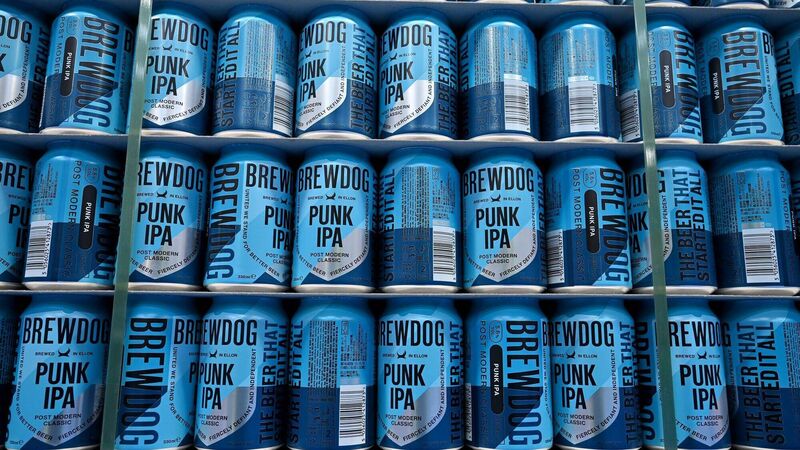Scotland's BrewDog strikes deal to brew in China

In 2021, the last year for which results are available, BrewDog made an operating loss of £5.5m (€6.2m) on revenues of £286m.
Scotland's BrewDog has struck a deal for its flagship craft beer Punk IPA to be made in China as it seeks to expand its sales and reach ahead of an initial public offering of its shares in the coming years.
BrewDog said it had signed a joint venture with Budweiser China to produce its beers at that company's Putian Craft Brewery in Fujian province, and sell them through its new partner's sales and distribution network.












